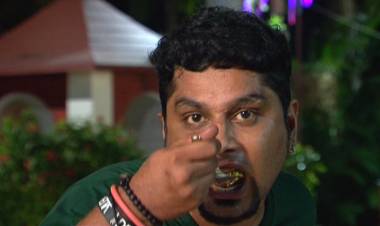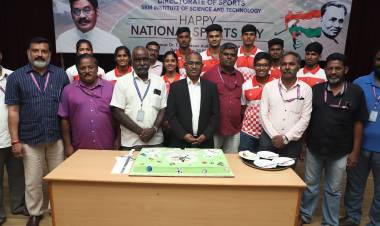India’s Heart at Risk – Why Heart Attacks are Striking Younger Generations?

Dr. Shyam Sunder K R, Senior Consultant - Interventional Cardiology, Aster RV Hospital
Heart attacks which primarily affected the older age group is no longer considered as such, the drastic increase of heart attack cases among the young adults in the past 4- 5 years has become a concerning issue. According to the Data that was collected from Hospitals across India around 2022 – 2023 reveal that 50 % of heart attack cases were among the age group below 40.
Amongst other population around the globe, South Asians tend to develop health conditions such as diabetes, hypertension and metabolic syndrome approximately 10 years earlier. The unique genetic factors among South Asians make them vulnerable to such health conditions and cardiovascular problems as they tend to have a smaller coronary artery. In addition to this, South Asians also have a “thin-fat” phenotype which is characterised by a higher buildup of visceral fat (abdominal fat or stomach fat) regardless of having a lower BMI (Body mass index) which would put them under an early onset of cardiovascular risk.
The rise in cardiovascular issues is higher among the age group between 25-45 years of age group, which affects young males and females. Men in their 30’s and 40’s are more prone to be affected primarily, as women are protected by the oestrogen until their menopause stage. However, the cases of heart attacks among women are increasing rapidly with the impact of other factors such as smoking, Polycystic Ovary Syndrome (PCOS), obesity and stress. Additionally mental health also plays a major role, specifically young professionals in urban areas are more vulnerable to cardiovascular issues, due to the lifestyle changes such as working for longer hours, problems like poor sleep cycle or irregular sleep, sedentary lifestyles which would contribute to the early onset of Obesity, diabetes, hypertension and chronic stress.
It also depends on the genetic predisposition and its interaction with the lifestyle factors. A genetically vulnerable individual who would on a daily basis eat high carb foods, high fat processed food are more prone in developing diseases like diabetes, obesity, and dyslipidemia in a much earlier age. In addition to this as mentioned earlier the sedentary lifestyles makes it much more difficult for individuals as, the smaller coronary arteries in Indians are more likely to clog without regular exercises and physical activities. Moreover, stress hormones like cortisol and adrenaline aggravate these issues by causing the increase in blood sugar and blood pressure, she added.
Young Indians often misread heart attack signs as some minor problems and they tend to avoid taking serious measures or early screenings and medications. Symptoms like chest heaviness is often mistaken for acidity, Jaw and shoulder pain is always seen as a muscle strain, Breathlessness which is always blamed on low fitness of an individual, Fatigue and nausea seen as stress or gastritis. These subtle warnings should never be ignored. Prioritizing daily movements, eating a healthy diet, managing stress through yoga and routine screenings like BP, blood sugar level, and cholesterol is a must for an induvial from their 20s onward.
Is covid 19 the reason?
Covid 19 can hit youth’s heart health in two ways, one is directly through myocarditis (inflammation of heart muscle), arrhythmia, and clotting from the virus, the indirect way is through lockdown- driven inactivity and lifestyles such as reduced activity, more screen time, weight gain, poor diet, stress, and delayed care which is creating a double burden on cardiovascular risk.
This ongoing trend highlights the urgent need for early awareness, preventive healthcare measures, and healthier lifestyle choices to safeguard the wellbeing of younger generations.




















